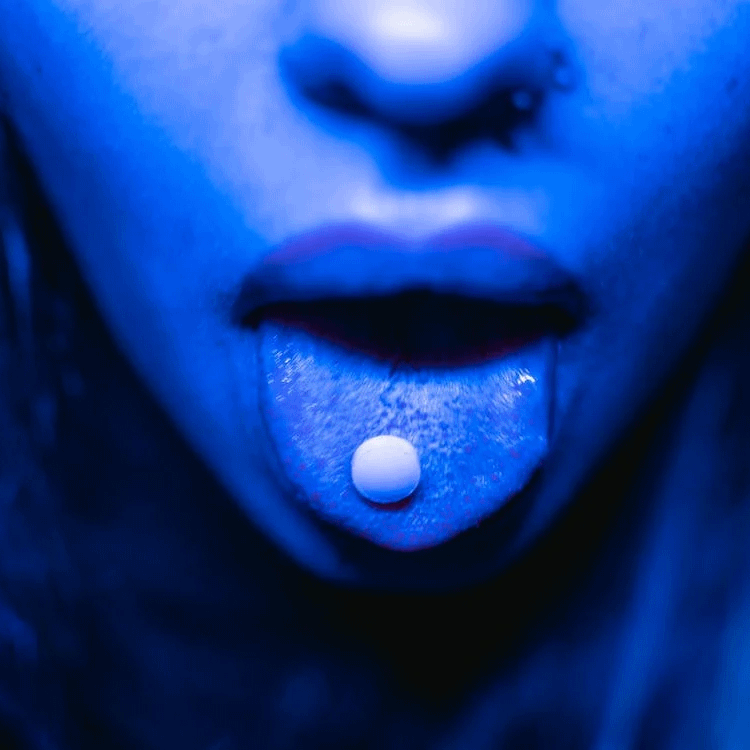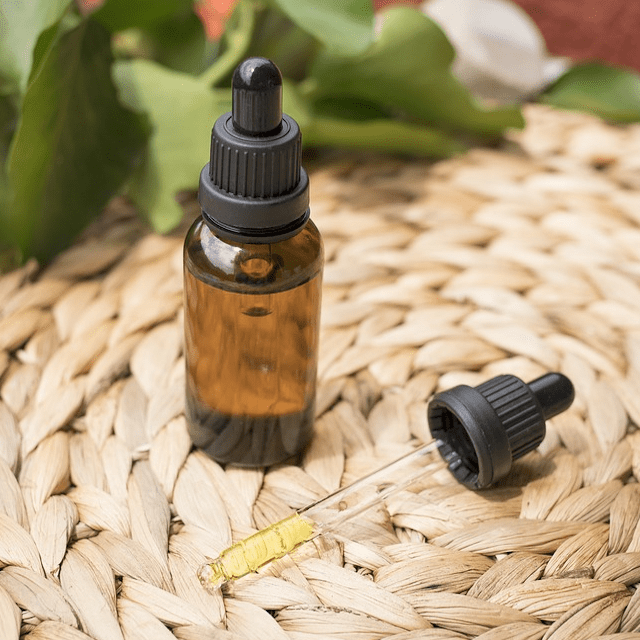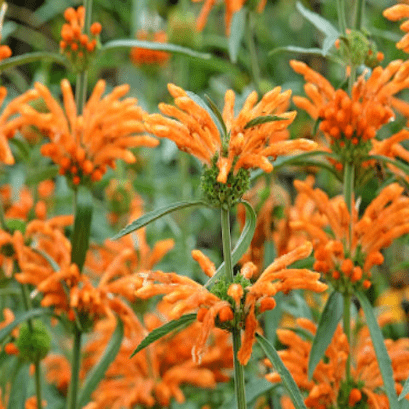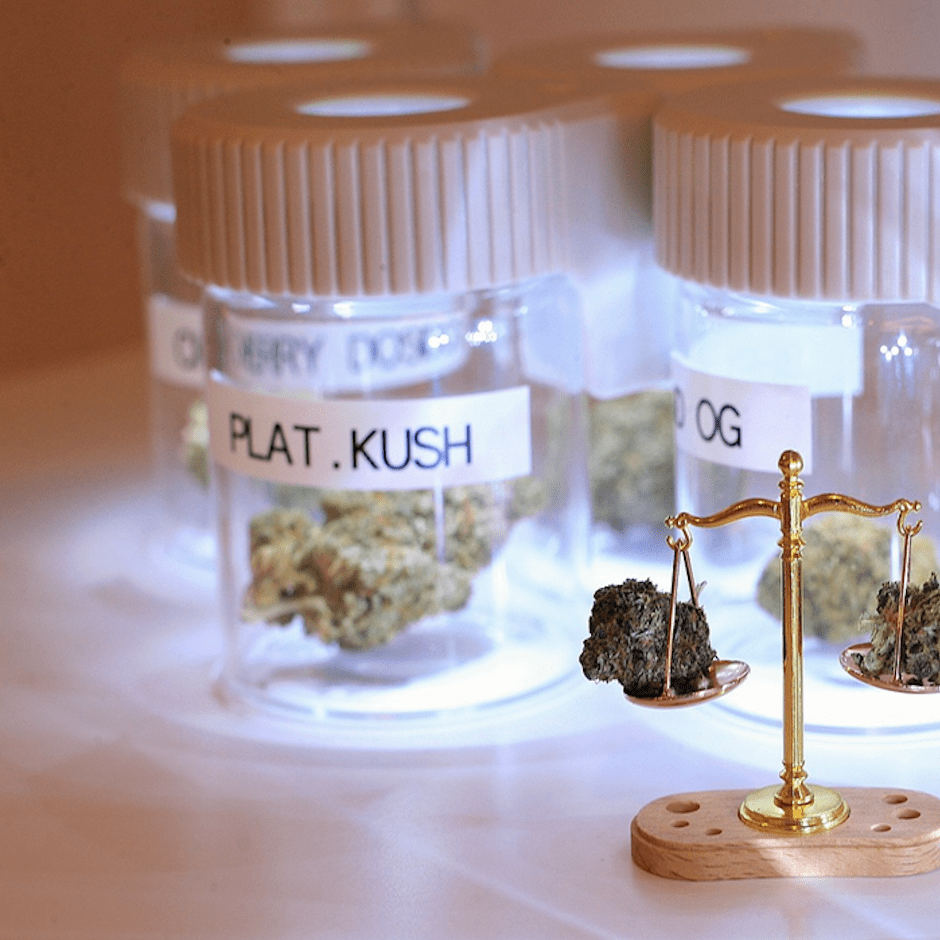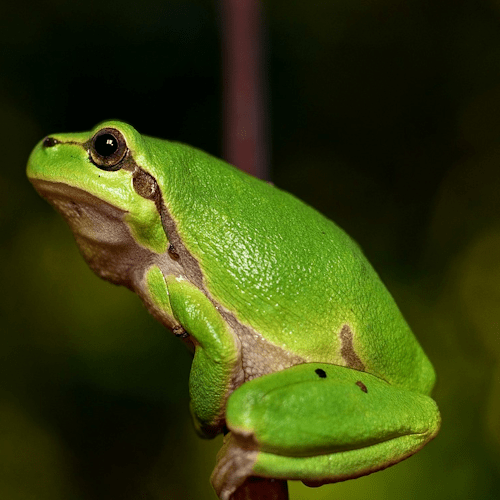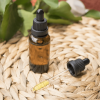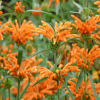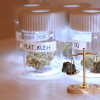Legal drugs are substances that are permitted by law to be produced, distributed, and consumed. Illegal drugs are substances whose production, distribution, and consumption are prohibited by law. Well-known examples include cocaine and heroin.
Table of Contents
Why are some drugs legal while others are not?
The legality of a drug is determined by various factors, including the degree of harm to public health, potential addiction issues, and social and cultural norms. Generally, drugs that pose a lower risk to public health and society are more likely to be legalized.
Legal drugs have distinct characteristics and properties that set them apart from illegal drugs. First and foremost, legal drugs are regulated by the government. Examples include party pills, magic truffles, and edibles. The production, distribution, and sale of these drugs are subject to strict regulations.
The use and consumption of legal drugs are also socially accepted and often influenced by cultural norms. In many societies, drinking alcohol, for example, is a socially acceptable practice, while cigarette smoking is increasingly discouraged due to well-known health risks[1].
What are the risks and downsides of illegal drugs?
The use of illegal drugs not only carries health risks but also legal consequences. If caught in possession or using illegal drugs in the netherlands, you can face criminal prosecution, leading to imprisonment and other legal problems.
Of course, illegal drugs also pose severe health risks and have a negative impact on society as a whole. Addiction, overdoses, and the spread of diseases are some of the many issues and risks. And because illegal drugs cannot be produced legally, an underground market arises where these substances are traded. This brings significant risks, such as unsafe production conditions, lack of quality control, and involvement in organized crime.
Educational approaches for safer use
In addition to regulation and control, education plays a crucial role in the use of legal drugs. By raising awareness about the risks and providing information on safe use, companies like smartific can contribute to responsible handling of legal drugs.
Educational campaigns on alcohol abuse, for example, have already yielded positive results. Education can also play a significant role in the use of magic truffles and psychedelic herbs. Providing accurate information about these drugs and offering safety guidelines can help users make responsible choices and minimize risks during recreation drug use[2].
Is the use of magic truffles and magic mushrooms legal?
Magic truffles containing psilocybin are legal in the Netherlands, but magic mushrooms are illegal. This is because psilocybin in magic truffles occurs in lower concentrations than in magic mushrooms.
The use of magic truffles is legal in the Netherlands. In 2008, the Dutch government decided that small quantities of these substances can be sold in smart shops under strict conditions.
Magic truffles have been used for centuries in traditional spiritual rituals. Many people report that these substances help them gain deeper spiritual insights and connect with their inner selves. They offer the opportunity to expand consciousness[3] and experience a deeper connection with the world around us.
Feel free to reach out if you have any questions. Team Smartific is here to assist you!
Sources
[1] https://www.medicalnewstoday.com/articles/10566
[2] https://en.wikipedia.org/wiki/Recreational_drug_use
[3] https://www.science.org/doi/10.1126/scitranslmed.3003870
